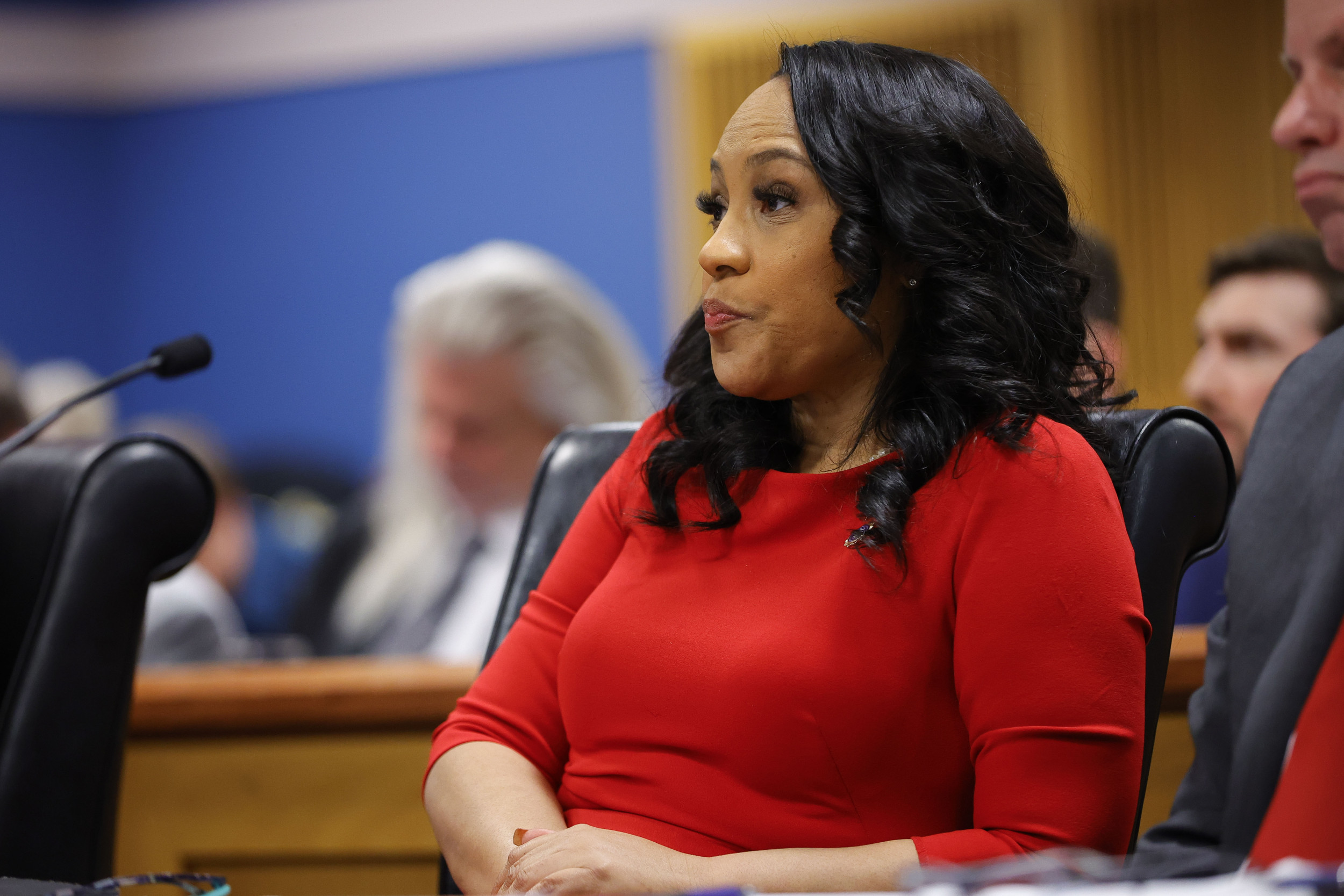I was fortunate to be part of a recent UNICEF mission to Egypt. The people I met there were amazing. I had the honor to hear and learn from Egyptians who are bright, kind, and hopeful; their excitement to become closer with the world community was palpable. They are among the many Egyptians who are working hard to modernize their economy, increase access to education, and improve their infrastructure to develop their country, yet almost 90 percent of Egyptian women between the ages of 15-49 have been subjected to the barbaric practice of female genital mutilation (FGM).

FGM is the ultimate expression of patriarchy: removing agency over one's own body, and especially one's own sexual organs, in a violent act aimed solely at women and girls. Egypt is not the only country where this is happening, although it's one of the countries where it is most prevalent, along with Ethiopia and Indonesia. In fact, across the nearly three-dozen nations where this abuse of women occurs, more than 200 million women and girls have been subjected to it. In some countries, medical professionals violate their oaths to do no harm in order to perform this mutilation. In others, it has moved underground, leading to increased medical risk, and cutting happening at younger ages—meaning younger than 15, the age by which most girls are subjected to FGM. And those medical risks are severe, including hemorrhaging, infection, urinary retention, and severe pain—not to mention the social risks, including an increased likeliness of poverty and dropping out of school. All of this despite FGM being recognized around the world as a human rights violation.
The sheer number of women and girls at risk of FGM simply cannot be ignored. UNICEF estimates that 4 million girls in the 31 countries where FGM is practiced are at risk. It gets worse. It is estimated that by 2030, nearly one-third of all girls on Earth will be born in countries where FGM is known to take place. This will put 68 million girls at risk—and if the international community and local activists do not come together to end FGM, there will be even more women and girls subjected to this practice in the future than are today. And it's a global issue, not just one for African and Asian nations. There is evidence that FGM is occurring in Europe, North America, and Australia. We can't let it happen.

Since FGM is a cultural, economic, and political problem, it requires cultural, economic, and political responses. UNICEF is working hard to fight FGM around the world on all fronts, which is one of the many reasons I'm so proud to have been a UNICEF ambassador for the past 20 years. The organization has set up community-led protection systems in nearly 4,000 communities where women and girls are known to be at risk. UNICEF also supports the development of policies and laws focusing on ending and outlawing FGM. It helps provide girls at risk of FGM, as well as FGM survivors, with access to suitable care, while mobilizing communities to transform the social norms that uphold the practice. On top of that, it works to provide equal access to education and economic opportunities for girls and women around the globe. It's an immeasurable task—and UNICEF can't do it alone.
Feb. 6 is designated around the globe as the International Day of Zero Tolerance for Female Genital Mutilation. Today, and every day, we need the support of leaders and people worldwide in fighting to make sure women and girls are always in control of their own bodies, no matter where they live.
These women matter. Their autonomy matters. Their futures matter. My life's work is dedicated to ensuring equality and freedom—true freedom—for women around the world. If you care, like I do, about freedom, self-determination, and equality for all of us, then I urge you to join me in calling for your leaders to support UNICEF's critical work in this arena. To learn more please visit www.unicefusa.org/ActNowEgypt.
Alyssa Milano is an actress best known for her roles as Samantha Micelli in the sitcom Who's the Boss? and as Phoebe Halliwell on Charmed. Most recently, Alyssa has starred in Brazen and Insatiable on Netflix. Alyssa is a New York Times best selling author having co-authored Hope: Project Middle School, Hope: Project Animal Rescue, Hope: Project Class President, and Hope: Project Go Green. Her most recent book, Sorry Not Sorry, discusses her life, career and humanitarian work and has received critical acclaim. Alyssa also hosts a weekly podcast entitled Sorry Not Sorry. For 20 years, Alyssa has been a dedicated UNICEF national ambassador going above and beyond in her support of children everywhere.
The views expressed in this article are the writer's own.
Uncommon Knowledge
Newsweek is committed to challenging conventional wisdom and finding connections in the search for common ground.
Newsweek is committed to challenging conventional wisdom and finding connections in the search for common ground.
About the writer
To read how Newsweek uses AI as a newsroom tool, Click here.





